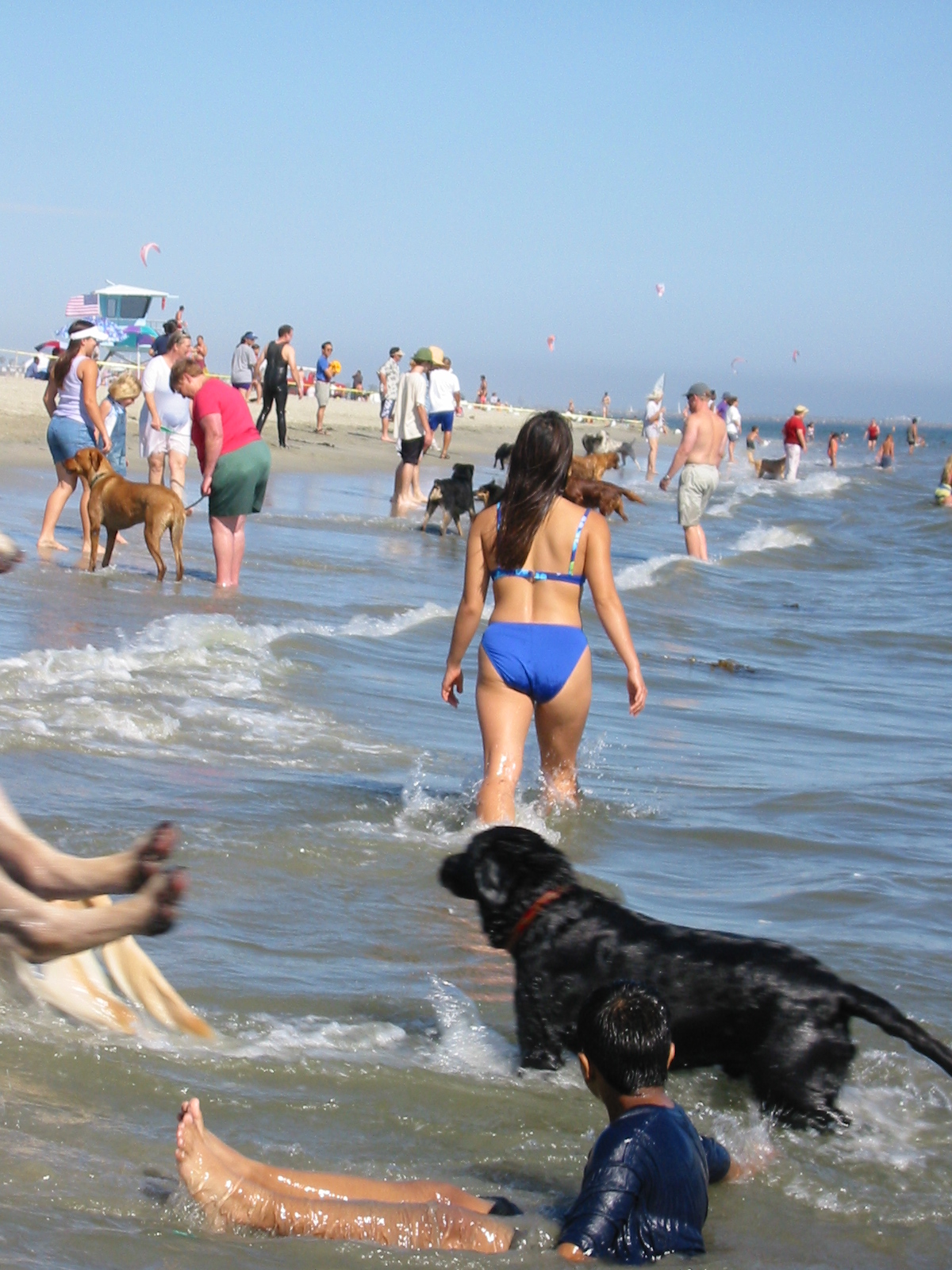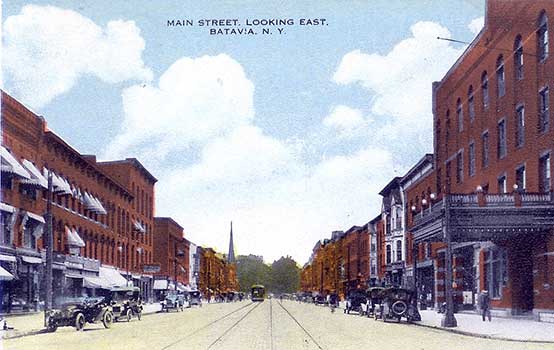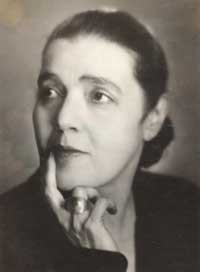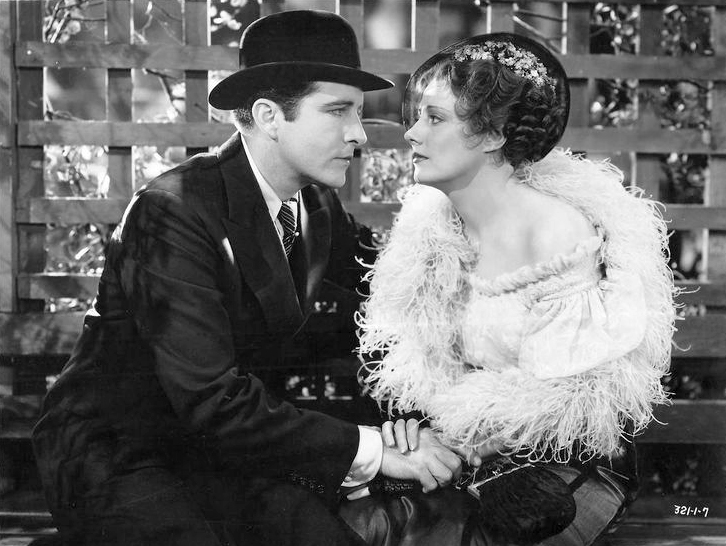Jules Massenet (1842-1912) Born: Montaud, St. Etienne, Lyonnais, France. Buried: Churcyard, Egreville, Ile-de-France, Seine et Marne, France. Monument, Jardin du Luxembourg, 6eme, Paris, France. College: Paris Conservatoire.
Giacomo Puccini (1858-1924) Born: Puccini Museum/Casa Natale di Giacomo Puccini, Corte San Lorenzo 9, Lucca, Tuscany, Italy. Buried: Estate Grounds, Private Chapel, Torre del Lago, Tuscany, Italy. Piccolo Hotel Puccini, Via di Poggio 9, Lucca, Tuscany, Italy. College: Milan Conservatory.
Edward Everett Hale (1822-1909) The Man Without a Country (1863) Born: Tremont Street, Boston, Suffolk, Massachusetts. Buried: Forest Hills Cemetery, Jamaica Plain, Suffolk, Massachusetts. Hale House, Matunuck, Rhode Island. Edward Everett Hale Monument, 16 Charles Street (Boston Common), Boston, Suffolk, Massachusetts. College: Harvard.
Andre Malraux (1901-1976) Man's Fate (1933) Born: 53 Rue Damremont, 18eme, Paris, France. Buried: Cemetery, Verrieres-le Buisson, Essonne, Ile-de-France, France. Museum of Modern Art Andre Malraux, 2 Boulevard Clemenceau, Le Havre, Normandie, France.
Walter Pater (1839-1894) Marius the Epicurean (1885) Born: Stepney, London, England. Buried: Holywell Cemetery (St. Cross Churchyard?), Oxford, Oxfordshire, England. College: Queens (Oxford).
Euripides (480-406 B.C.) Medea (431 B.C.) Born: Salamis Island, Attica, Greece. Buried: Arethousa, Central Macedonia, Greece.
Medea: Colchis, Georgia. Medea Sarcophagus, Altes Museum, Berlin, Germany.
Jason: Iolcus, Thessaly, Greece.
Harry Leon Wilson (1867-1939) Merton of the Movies (1922) Born: Oregon, Illinois. Buried: Unknown (?)
Elbert Green Hubbard (1856-1915) A Message to Garcia (1899) Born: Bloomington, Illinois. Buried: Died at sea in Lusitania sinking. Elbert Hubbard Roycroft Museum, 363 Oakwood Avenue, East Aurora, Erie, New York.
Ovid (43 B.C.-18) Metamorphoses (8) Born: Sulmona, Abruzzo, Italy. Buried: Statue, Ovid Square, Constanta, Romania.
Narcissus: Thespies, Boeotia, Central Greece, Greece.
Felix Mendelssohn (1809-1847) Born: Hamburg, Germany. Buried: Dreifaltigkeitsfriedhof, Kreuzberg, Berlin, Germany. Mendelssohn-Haus, Goldschmidtstrasse 12, Leipzig, Saxony, Germany. College: Humboldt University (Berlin).
Max Rheinhardt (1873-1943) Born: Baden, Austria. Buried: Westchester Hills Cemetery, Hastings-on-Hudson, Westchester, New York. Schloss Leopoldskron, Leopoldskronstrasse 56-58, Salzburg, Austria.
Karl Gjellerup (1857-1919) Minna (1889) Born: Roholte Vicarage, Praesto, Denmark. Buried: Old Cemetery, Klotzsche, Dresden, Saxony, Germany. College: Copenhagen.
Frederick Marryat (1792-1848) Mr Midshipman Easy (1836) Born: Great George Street, Westminster, London, England. Buried: St Andrew and St Mary Churchyard, Langham, Norfolk, England.
Herman Melville (1819-1891) Moby Dick (1851) Born: 6 Pearl Street, New York, New York (*****2(?)/1998*****) Buried: Woodlawn Cemetery, Bronx, New York (*****2/1999*****). Arrowhead, 780 Holmes Road, Pittsfield, Berkshire, Massachusetts (*****8(?)/2000(?)*****). Herman Melville House, 2 114th Street, Troy, Rensselaer, New York. Whale Rock, Canyonlands National Park, Moab, Utah.
As you can see, I have been to several of these places, but as the years go by, the exact dates, and in some instances even the year that I was there, have become lost to my recollection. All of these dates were recorded on some now long-lost computer or disk. I went to Arrowhead after the 2 New York City sites (which I remember visiting on separate occasions in successive years) but before my children were born, which would put the excursion somewhere in the 1999-2001 period, but I cannot remember which year it was.
Ahab (c. 852 B.C.) Buried: Samaria, Israel (West Bank).
Ascot Racecourse, Ascot, Berkshire, England.
Daniel Defoe (1660-1731) Robinson Crusoe (1719), Moll Flanders (1722) Born: Fore Street, City, London, England. Buried: Bunhill Fields, Islington, London, England (*****9-3-1996*****). Robinson Crusoe House, Bottcherstrasse, Bremen, Germany.
Paul Gauguin (1848-1903) Born: 56 Rue Notre-Dame-de-Lorette, 9eme, Paris, France. Buried: Calvary Cemetery, Altuona, French Polynesia. Paul Gauguin Cultural Center, Atuona, Marquesas Islands, French Polynesia.
Unfortunately the Gauguin museum in Tahiti appears to be permanently closed.
Wilkie Collins (1824-1889) The Moonstone (1868) Born: 11 New Cavendish Street, Marylebone, London, England. Buried: Kensal Green Cemetery, Kensal Green, London, England
Grazia Deledda (1871-1936) The Mother (1923) Born: Grazia Deledda Museum, Via Grazia Deledda 42, Nuoro, Sardinia, Italy. Buried: Cimitero Comunale Monumentale Campo Verano (Near Termini), Rome, Lazio, Italy. Parco Letterario Grazia Deledda, Via Sassari, Galtelli, Sardinia, Italy. Grazia Deledda Restaurant, Via di Sacco Pastore 14, (Libia), Rome, Lazio, Italy. Hotel-Ristorante Grazia Deledda, Loc. Tilzitta, Arzachena, Sardinia, Italy. Hotel Grazia Deledda, Viale Dante 47, Sassari, Sardinia, Italy.


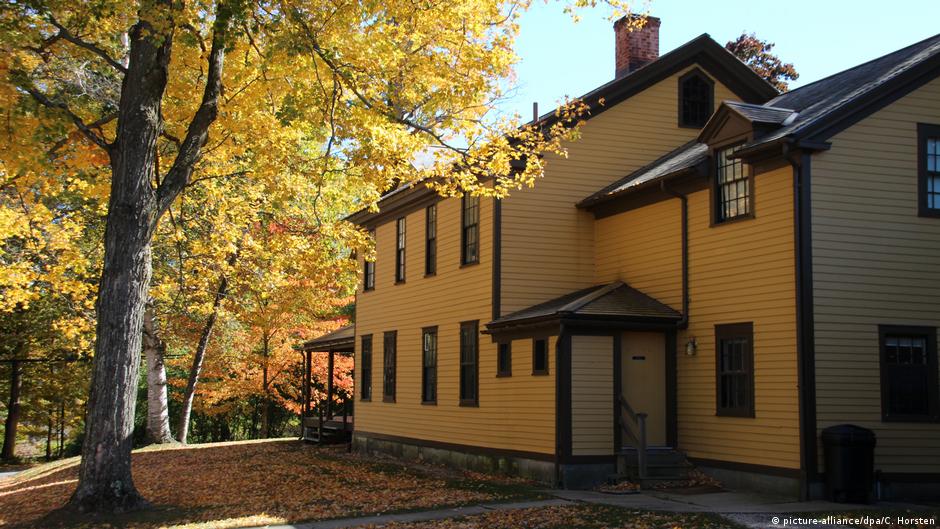

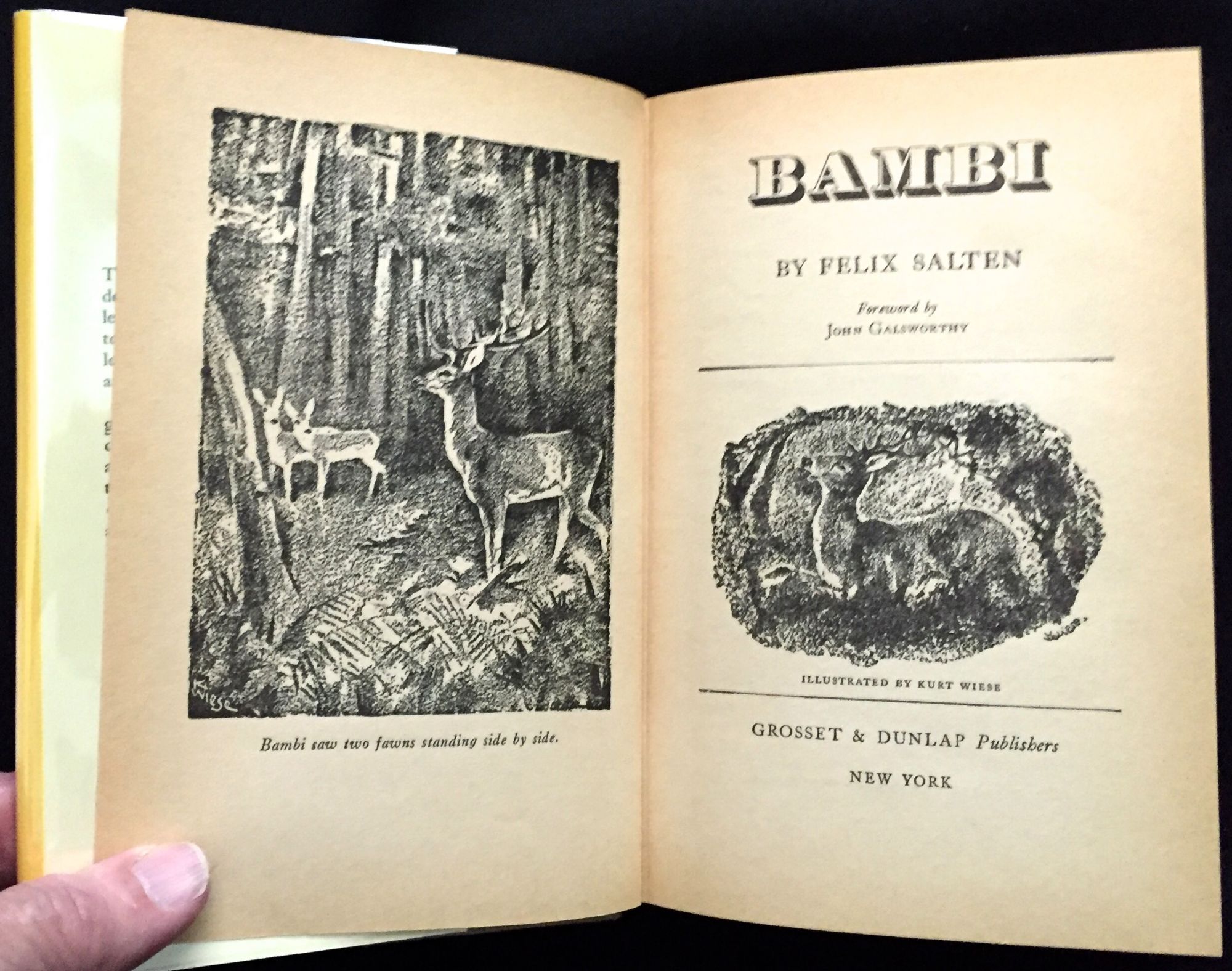











_-_1.jpg)


